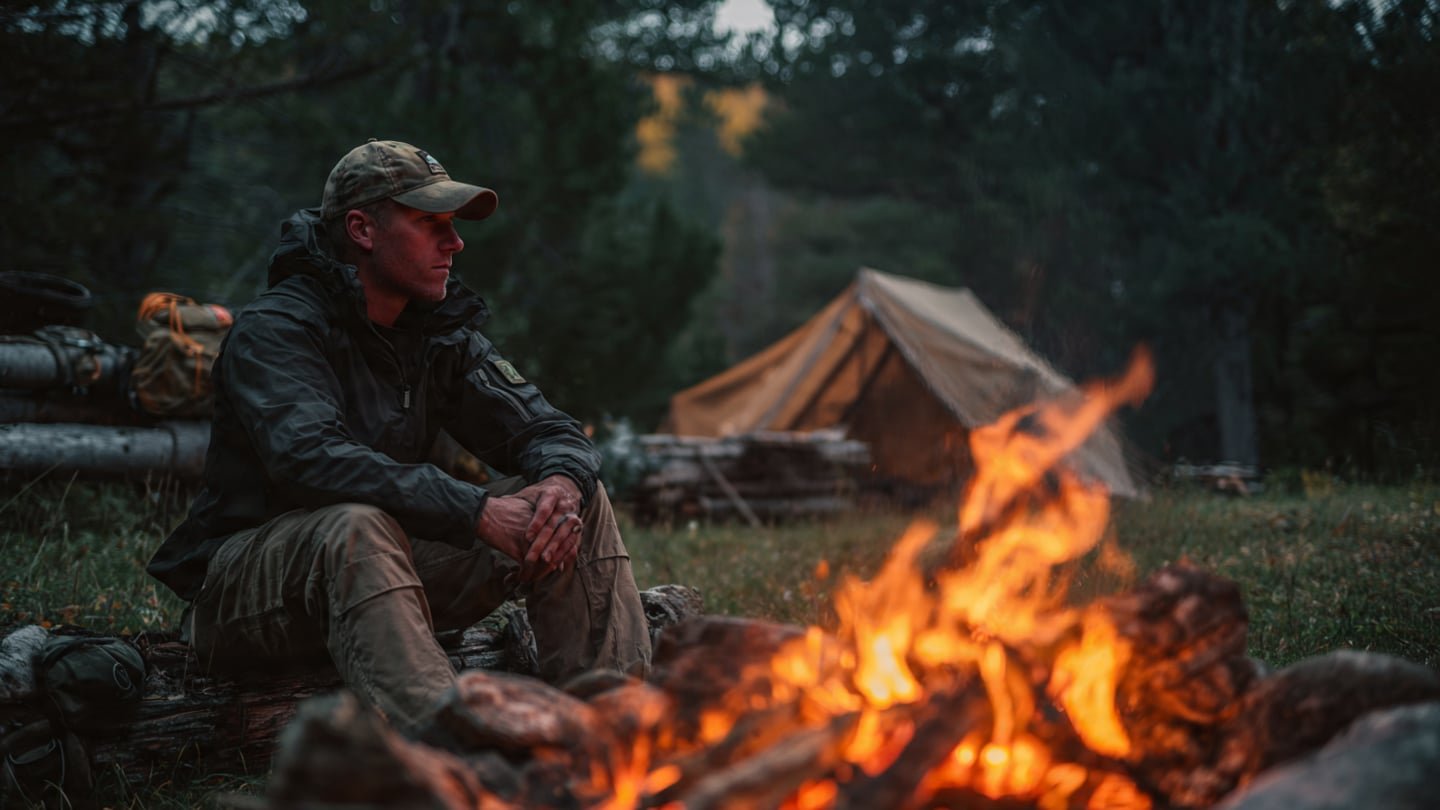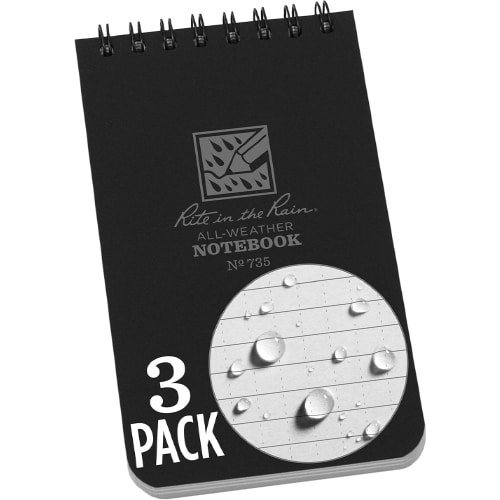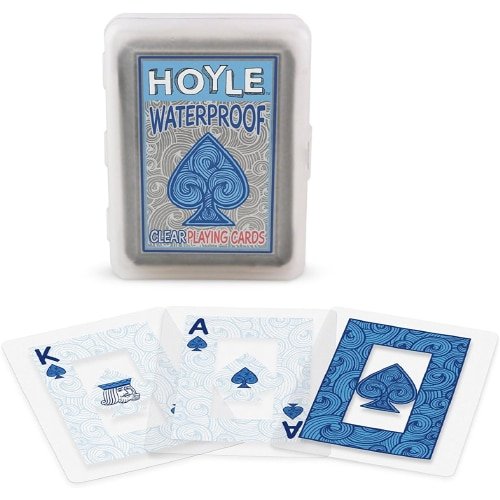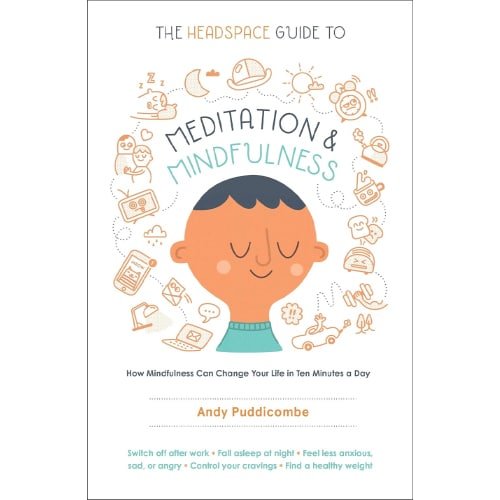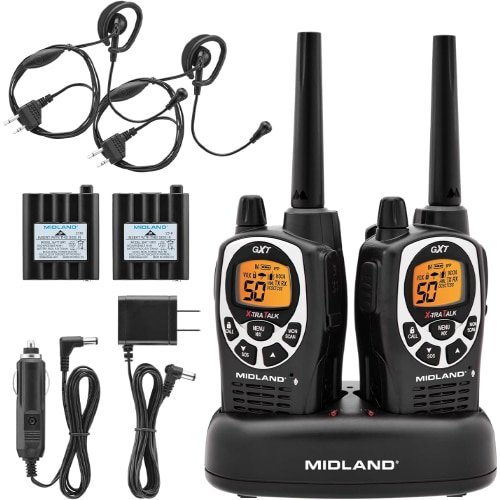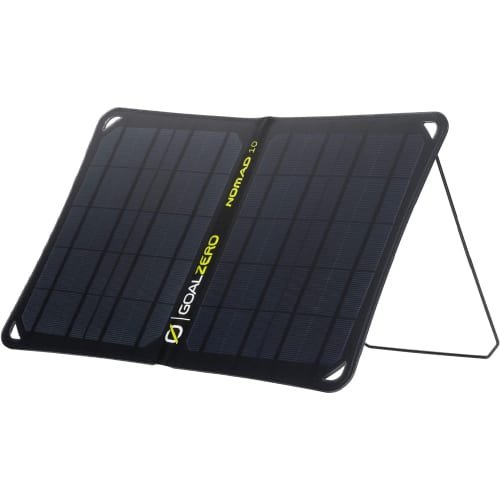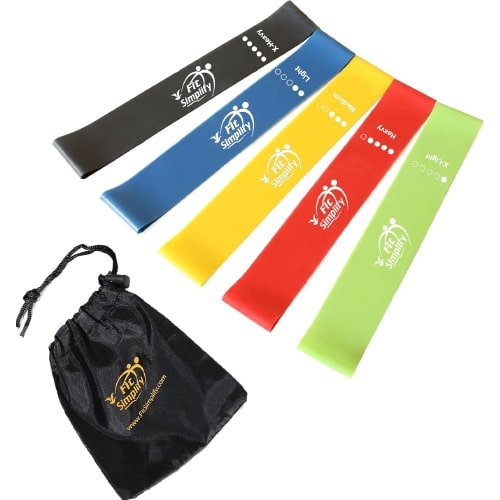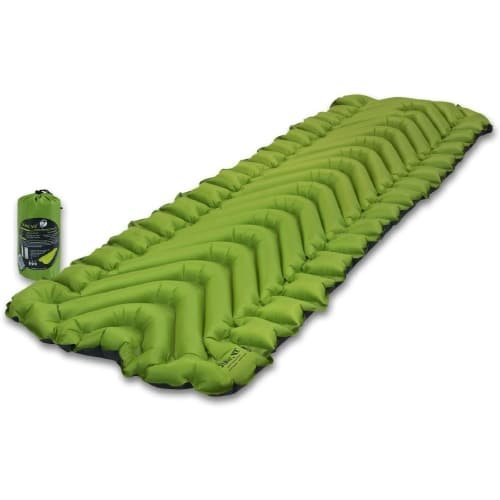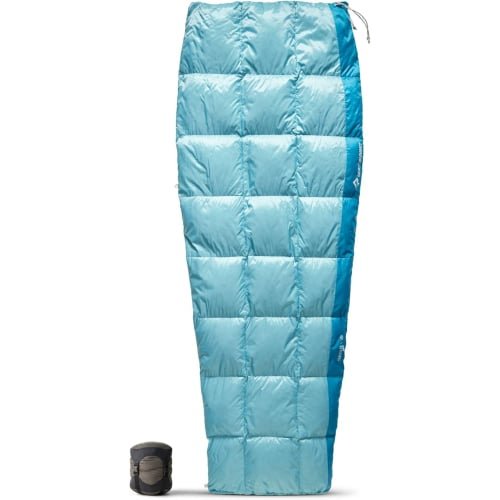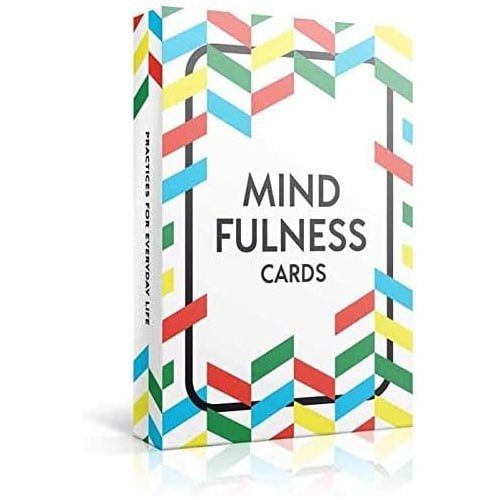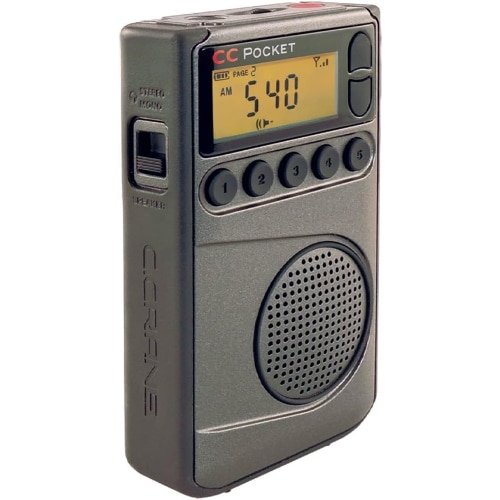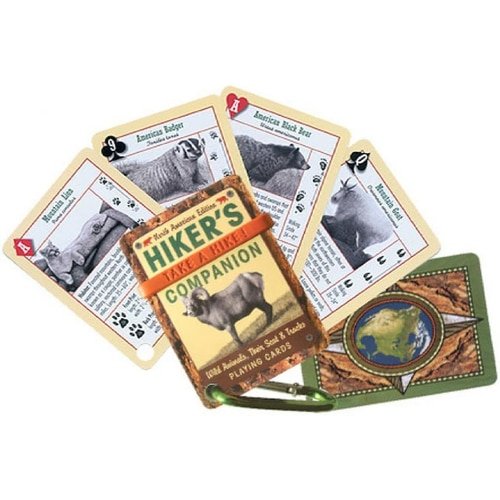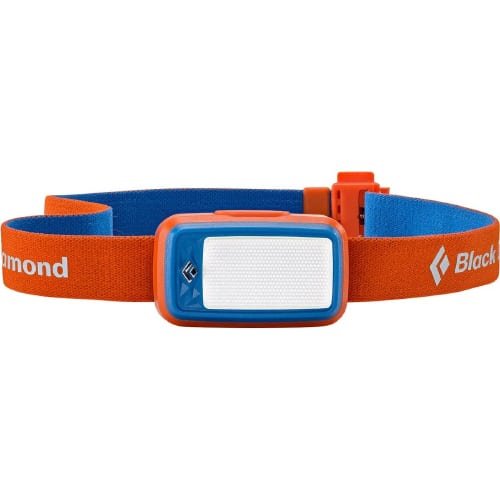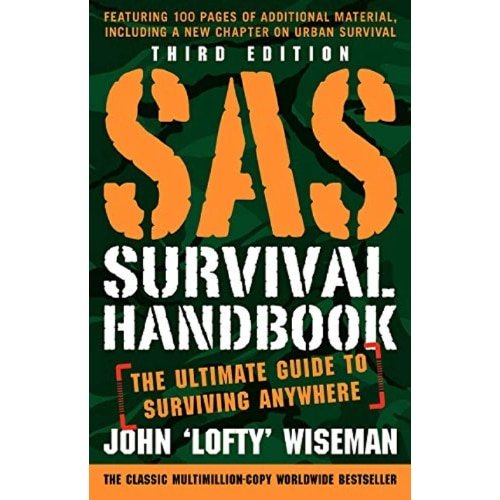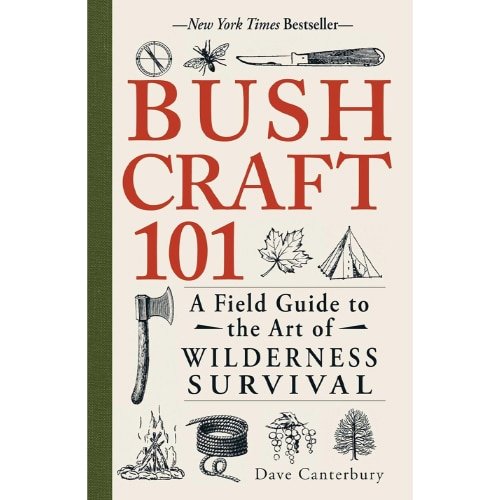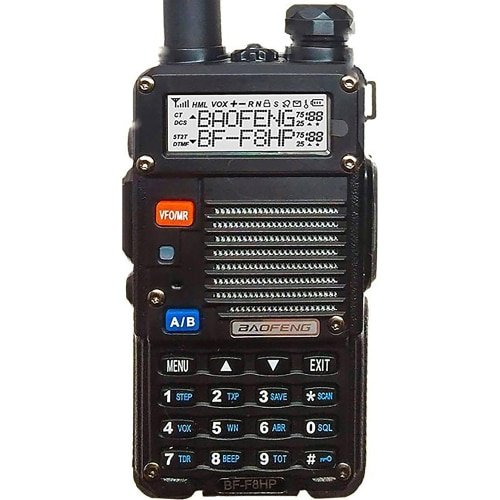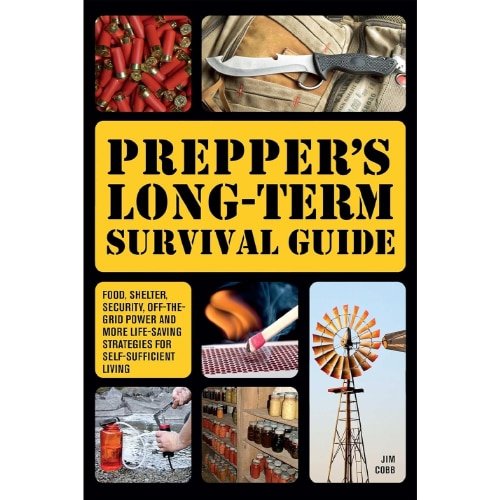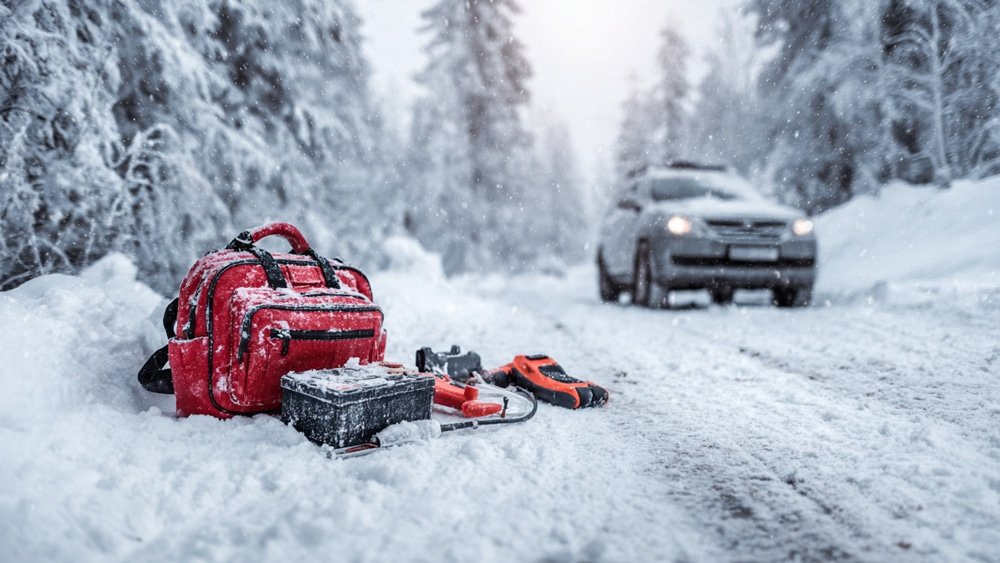When most people hear the word prepper, they picture bunkers filled with canned food, shelves of bottled water, and heavy-duty survival gear. And while all of that is important, one lesson I’ve learned firsthand is this: your mental health is just as essential as your bug-out bag.
I’ve lived through blackouts, severe storms, and evacuation orders. Each time, I discovered that having gear was only half the battle. The real challenge was keeping my mind calm, clear, and ready to act. In honor of World Mental Health Day, I want to share my personal prepper-tested tips for building mental resilience—because a steady mind can save your life when the world feels like it’s falling apart.
1. Build a “Mental Health Kit”
Every prepper knows the importance of a first aid kit. But what about your mental first aid kit? Mine has saved me on more than one occasion. Inside, I keep a rugged notebook for writing, a deck of cards for distraction, and some calming herbal tea. These small comforts help me reset during stressful moments.
Write down plans, vent frustrations, or track supplies—even in rain.
Nothing beats a warm, calming drink after a tense day.
2. Train Your Mind Like You Train Your Body
Early in my prepping journey, I focused on lifting gear, chopping wood, and hiking long distances. But I quickly realized stress hits harder than hunger. That’s when I began practicing breathing techniques and mindfulness.
During one power outage, I felt panic creeping in as the hours dragged on. I used the 4-7-8 breathing method (inhale for 4, hold 7, exhale 8) and calmed down enough to think clearly about my next steps.
Wearable device that reminds you to breathe and stay calm.
3. Stay Connected—Even Off-Grid
Isolation can take a heavy toll on mental health. When I bugged out during a wildfire scare, the most valuable gear I carried wasn’t my tent or stove—it was my two-way radio. Checking in with a friend every evening gave me a sense of security that no amount of canned food could match.
Long-range, NOAA weather alerts, and reliable off-grid communication.
4. Keep Your Body Moving
Stress doesn’t just live in your mind—it lodges in your body. Movement is one of the best ways to fight it. During a hurricane shelter stay, I carved out time for push-ups, squats, and stretching. Not only did it keep me strong, it lifted my mood.
Lightweight, versatile, and fit perfectly in a bug-out bag.
Bodyweight exercises designed for anywhere, anytime fitness.
5. Prioritize Sleep—even in Chaos
One summer blackout, I underestimated how exhausted I was and nearly set my dinner on fire because I couldn’t focus. That’s when I realized sleep isn’t a luxury—it’s survival.
Breathable for warm nights but reliable when temperatures dip.
6. Practice Gratitude & Perspective
This might sound “soft” for a prepper, but gratitude is one of the strongest tools I carry. In tough times, I pause to write down three things I’m thankful for—maybe it’s having dry boots, a safe place to sleep, or simply making it through the day. It reframes my perspective and keeps fear at bay.
Guided prompts that make gratitude easy, even in stressful conditions.
Quick, pocket-sized prompts to help you stay centered and mindful on the go.
7. Manage Information Overload
I’ve seen fellow preppers spiral into anxiety by obsessively checking news and weather updates. While staying informed is crucial, doomscrolling is dangerous. I now limit my check-ins and spend more energy on tasks I can control.
Reliable updates without the noise of social media.
8. Prep Your Family Emotionally
When I prep with my kids, I don’t just pack gear—I prep their minds. Giving them small, achievable tasks (like gathering twigs for fire or organizing flashlights) builds confidence and eases their fears.
9. Learn & Grow Continuously
A sharp mind is a resilient mind. Each season, I challenge myself to learn a new survival skill. Last year it was herbal medicine; this year, it’s navigation by stars. Every skill mastered is another layer of confidence.
10. Don’t Underestimate Community
Prepping doesn’t mean going it alone. My local prepper group has been a lifeline. We swap skills, share gear, and support each other in ways that strengthen us all. Community isn’t weakness—it’s strategy.
A solid book for both individuals and groups.
On this World Mental Health Day, remember: survival isn’t just about stockpiling gear or knowing how to light a fire. It’s about staying calm, adaptable, and resilient in the face of uncertainty. A stocked pantry might feed you, but a strong mind will carry you.
So while you’re prepping food, water, and shelter, don’t forget the most powerful survival tool you already own: your mental health.

